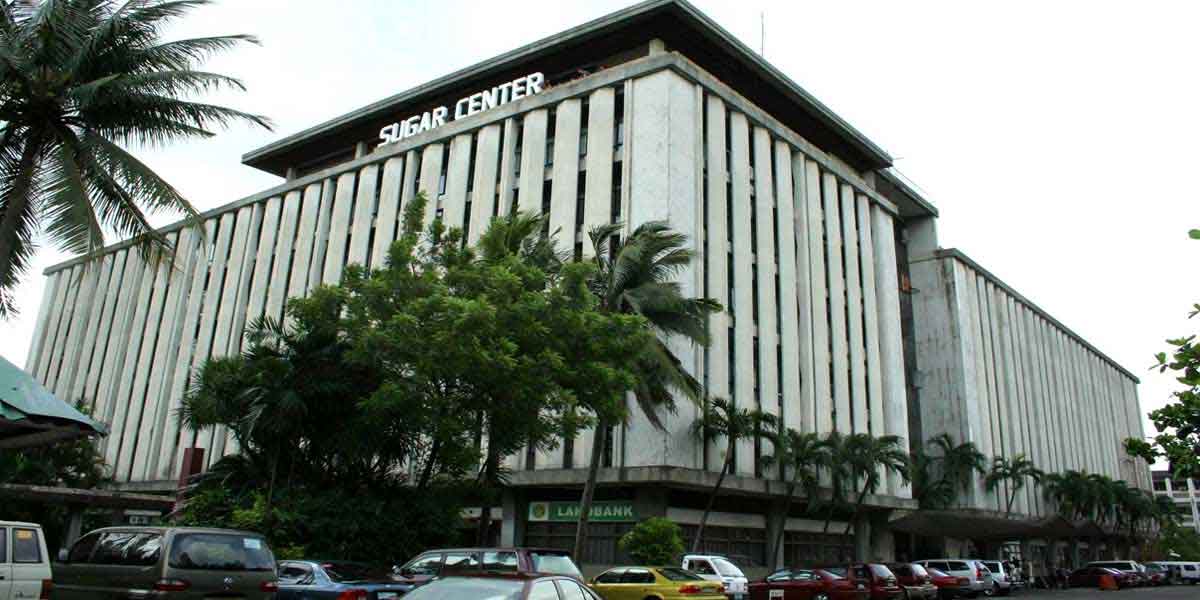By Dean dela Paz
The animated movie was about a scientist who invents a machine that turns rainwater into food. To his misfortune it inadvertently creates a food storm and the downpour results in uneaten food. Chaos then ensued.
Reality and specifically our recent experience with tropical storm Karding shows the exact opposite. Adverse climate change, high intensity storms, and other natural and man-made disturbances result, not in uneaten food but in further food shortages. Already worsened by a deficit in leadership, high morale and competent management in the agricultural sector, the forecast can quickly turn from cloudy to calamitous. Add higher prices, destroyed farmland, compromised harvests and critical crops, damaged infrastructure, power outages and lost livelihood.
Given a history fallen to revisionism and distortion, ironically one high official described the nation as “lucky” and the aftereffects of Karding, “manageable”. The tendency to self-indulge away from public welfare imperatives is not new. Caligula partied. Nero fiddled. Marie Antoinette ate cake.
We no longer have apologists to label such callousness as a joke. Tragic irony is no laughing matter. Neither are lies. There is inherent dishonesty in muddying that behooves questioning ‘’luck’’ and ‘’manageability’’.
Analyze the data along three critical governance categories constantly impacted by accursed calamities that refrain like an ever-looping Groundhog Day.
The first is infrastructure. Note official pronouncements.
“Government services are almost at full function.”
“So far in general, the impact of ‘Karding’ seems very minimal. Main road thoroughfares are passable, communication is up and running.”
Against the foregoing, now array data on the ground.
‘’Two roads remain non-passable in the Bicol region with two towns in the Ilocos region and Western Visayas experiencing cut communication lines. Twelve towns in the affected regions experienced power outages.’’
“Here at the town center (Municipality of Polillo) all banana trees were flattened, 100 percent.”
“We still have no electricity (three days after the typhoon hit).”
“631 houses were damaged by the typhoon, and 625 of them were from Region 3 (Central Luzon). On one hand, partially damaged houses rose to 2,380, mostly from the same region.’’
“We must stop this vicious cycle where our farmers always register losses because of the lack of storage and other facilities to mitigate the effects of typhoons.”
These verbatim quotes segue to the second, and perhaps the most adversely impacted category. Our incredibly vulnerable agricultural sector lying at the bottom of the social and economic pyramid attains significant if not tragic absurdity where ultimate responsibilities lie with leadership armed with the formidable powers of the presidency.
If we set as criteria immediate impact to GDP and greater economic inclusivity, note the manageability of conflicting priorities where the total funds available to the Department of Agriculture of P102.15 billion is a mere 14% pittance of those aggregated under the control of the Vice President.
Analyze the impact of such inequity. By noontime the day Karding hit major granaries in Luzon, the partial damage was estimated at P145.35 million. The rice sub-sector incurred losses of over P 107.6 million while high-value crops and corn losses were over P 24.55 million and P 9.20 million, respectively.
Within three days, losses worsened. Damage to the agricultural sector rose astronomically to P 2.02 billion with the rice sub-sector losses bloating to P 1.66 billion. High-value crop losses grew exponentially to P 271.6 million, corn losses to P 44.6 million. Add to the devastation, fisheries, and livestock losses of P 43 million and P 7.9 million, respectively.
To determine ballyhooed ‘’manageability’’, widen the scope to view these from the perspective of macroeconomic governance
Dovetailing Karding, as an ominous queue of typhoons form outside our eastern coastline, each threatening as harvest season heightens and the price of vegetables rise by over 20% , one of our biggest rice producing provinces has this early declared a calamity.
Rice is an inflation benchmark. It constitutes a substantial portion of our daily household expenses just like sugar. And yet in both there are serious systemic shortages characterized by the absence of logistical efficiencies that create a dependence on traders, the lack of economies of scale, backyard technologies relative to large farm mechanization in exporting economics we pin our importation bias on, and the tariffication palliative we resorted to as we failed to provide for our farmers for whom credit has just gone tighter. Understandably, inflation is now at 6.9%.
As Red Bull F1 racecar driver Sergio Perez takes the lead in the Singapore Grand Prix, back home while increasingly more go hungry, our losses from Karding pile up. As in the on-going sugar fiasco that reveals the quality of unempathetic lackadaisical agricultural management we are cursed with, we will be forced to import more rice for which we will be paying with a weakened peso uncontrollably heading north of P60:$1. Unfortunately, it is raining party food. Given the intertropical convergence of inconvenient truths, our forecast for the economy is for cloudy skies with a chance of more hamburger helpers, fillers, and falsehood.




















